Resuscitating the live act
Artists need to perform concerts to really connect with their fans.
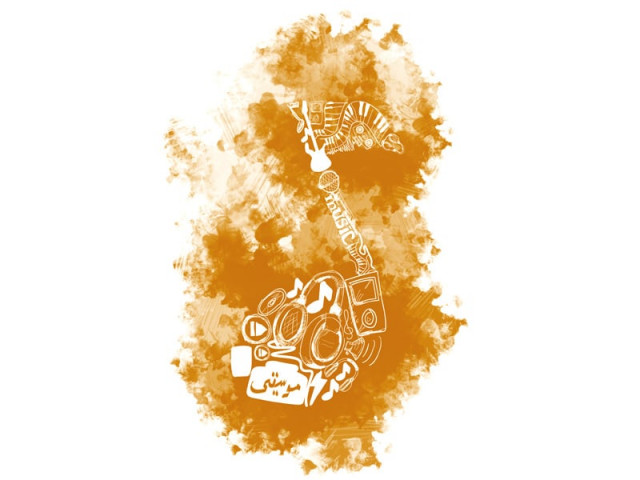
Resuscitating the live act
If there’s one thing that we have realised with the Coke Studio hysteria, it is that music is the only driving force behind popular culture in Pakistan. Sure, fashion is equally hyped, yet music will always remain the bigger industry for its inherent ability to touch the masses.
Music seems to have received the requisite resuscitation via corporate sponsorships and Pakistani artists have become more visible in the media. Yet the connection that a live act generates with the audiences is still frustratingly missing.
Ali Auditorium is one of Lahore’s most popular spots for music events, but Majeed, its manager, says: “Only 10 concerts happened this year at the premises. Many people come to us wanting to hold a concert outside the auditorium in the lawns. But due to security concerns, we cannot permit this.”
But despite the cries of security concerns, we have become so prone to political instability, that it is no longer an overwhelming concern. In a country marred by terrorism, seemingly contentious fashion weeks have been cropping up by the dozen. They are organised in hotel ballrooms behind closed doors. But if that’s what it takes to spear an industry forward, so be it. Artistes need to take the concert to a confined space or make it a private affair (but private does not mean elitist or esoteric). They should go to schools and colleges.
In fact it seems that in the absence of ticketed public concerts, the only mechanism of taking music back to the public sphere, is via the controlled environment of academic institutes.
“Of the 60 concerts that we recently performed, albeit in India, 45 were at schools and colleges,” says Faisal Kapadia from Strings — the duo which has been consistently performing at educational institutes. The female duo Zeb and Haniya also concur that for live acts “university and school circuit is a great idea”. Top league universities like Lums and Indus Valley School of Art and Architecture have hosted numerous concerts in the last few years.
According to Shah Shams Zaheer, former president of the Lums music society, his university got Roxen, Call, EP, Noorie, Josh, Strings and Ali Azmat to perform live in a series of private concerts for students and alumni. Atif Aslam, the music industry’s biggest star has performed across the country, often in modest locations like Sargodha, Faisalabad and Multan for the Punjab Group of Colleges.
Zeb and Hania recently played to an audience of 400 women in Peshawar at a girls’ college. She proudly narrates the fun they had. “I’d do school concerts even if other options are available. It shouldn’t be an either/or situation,” she said.
Yet Zeb also expresses some concerns. “We cannot go into all kinds of schools and universities for some of them have very reactive and radical elements that do pose a very strong security threat.” Her concern is not unwarranted. For instance, Punjab and Karachi University, which have a potent Jamaat-i-Islami presence, would certainly not permit a concert on their campuses. Nevertheless, the singer feels that music societies at schools need to become more active.
Performing at academic institutions is perhaps the most effective way for musicians to make money, at a time when music piracy via the internet has seriously stilted sales of recorded albums. Although musicians have to offer subsidized rates to schools, they can retain the same level of sales with a greater turnout.
“For the youth to be able to relate to us, it is important to keep visiting schools,” says Kapadia, who has rightfully understood that pop stars can only maintain their status as icons if they continue to reach out to adolescents. “We will have to create the concert rather than expecting a readymade concert event being offered to us.”
Published in The Express Tribune, June 1st, 2011.

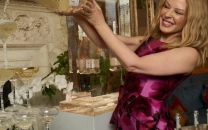
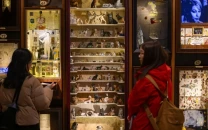
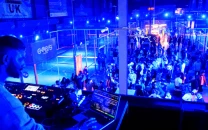
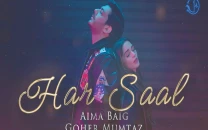

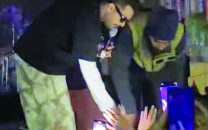












COMMENTS
Comments are moderated and generally will be posted if they are on-topic and not abusive.
For more information, please see our Comments FAQ